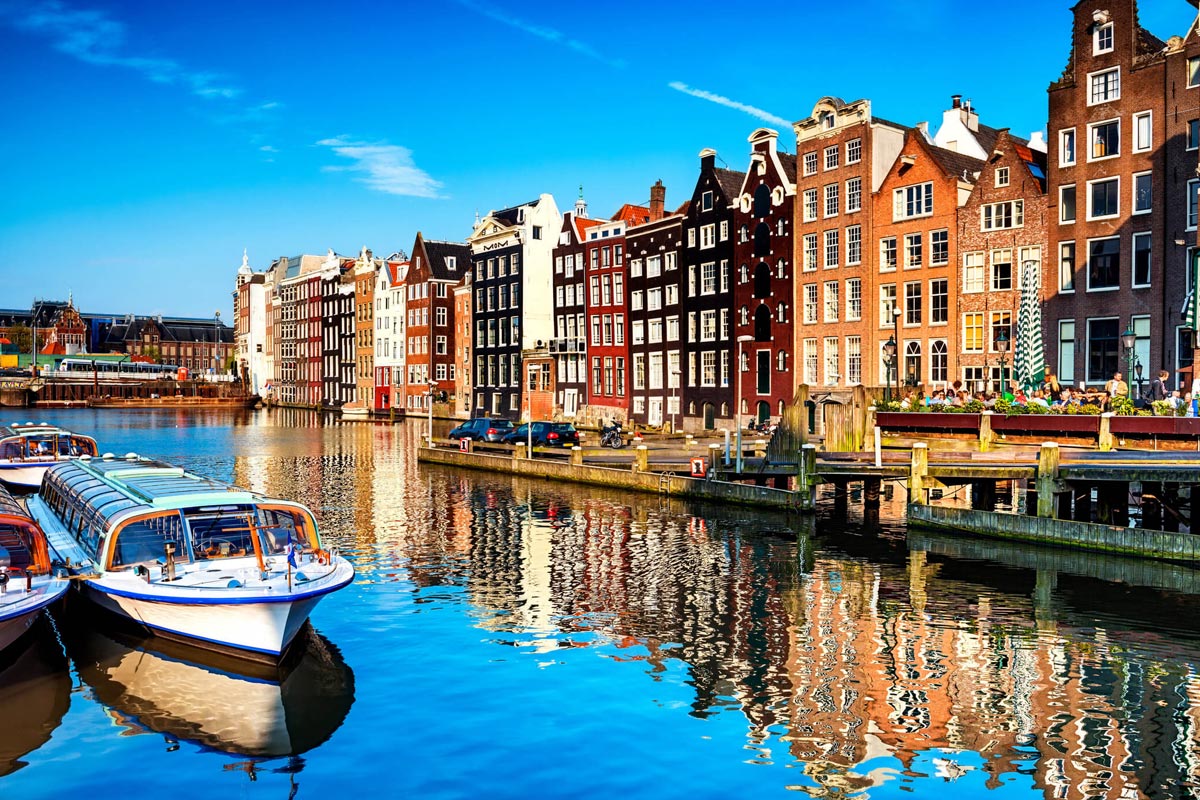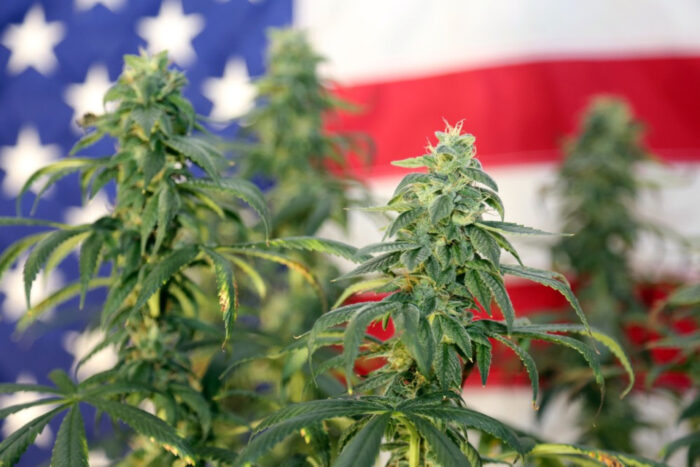A little over a week ago, the mayor of Amsterdam, Femke Halsema, announced that the municipal plenary session will study prohibiting the entry of tourists to the 166 coffee shops in the city. Closing the doors of one of its most famous and desired tourist claims: the sale and marijuana use.
This initiative is part of a reform plan led by Halsema, elected in 2018, to reduce overcrowding in the Red Light District. As he pointed out, a third of the coffeeshops in the Netherlands are concentrated within the borders of the city known as the Venice of the North. And according to a study carried out by the same government, 58% of foreign tourists who visit they do it to use drugs.
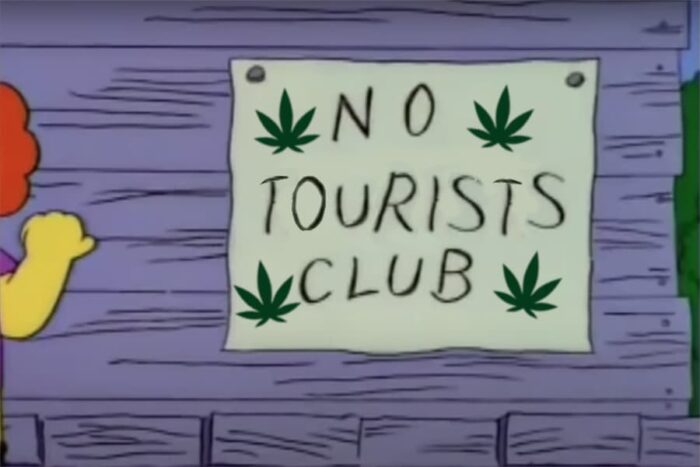
Hey tourists, go smoke home
The restrictions, which would take effect next year, will allow access to its world-renowned coffee shops only to residents of the country. The objective is to attract tourism with higher purchasing power and promote other attractions of the city, such as “its wealth, beauty and cultural institutions”. As the mayor of the city said, “they observe that many groups of young people go to the city only to go to its coffee shops ”.
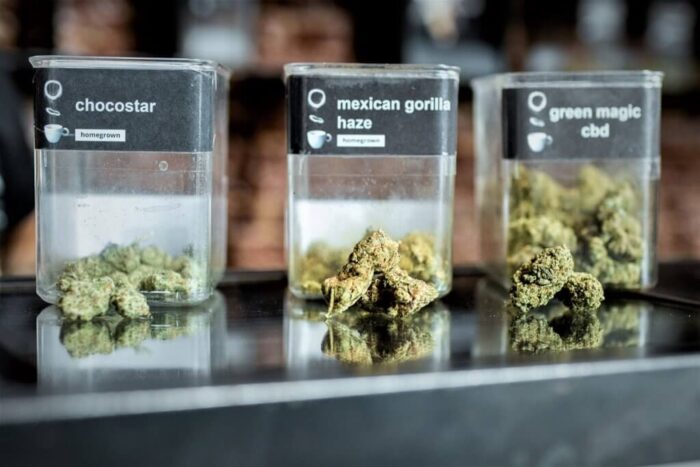
The legal technicalities that make it possible to sell cannabis products in the Netherlands are somewhat intricate. Since 1976, under a “policy of tolerance” the possession of less than 5g (0.18 oz) has been decriminalized, but the production remains illegal. The proposal launched by the City Council, together with the police and the prosecution, is presented as a measure to control drug tourism, organized gangs and the black market. On the contrary, Joachim Helms, spokesman for the Association of Cannabis Retailers, warned that the demand for these products will continue to exist. Which still will drive drug trafficking in the streets and with it the illegal market, a fact that is precisely intended to be avoided with the reform.
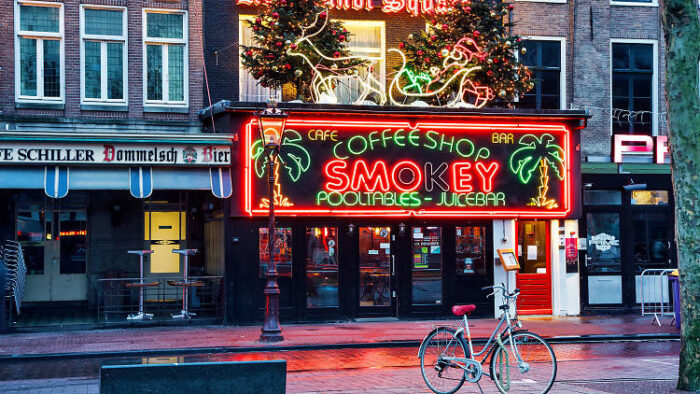
Recent studies have shown that youth and leisure tourism will continue to boom. So will this be the opportunity for other countries to take the lead in this industry? Or a piece of information that will encourage governments to design laws that are more tolerant and appropriate to market demands? What is clear is that beyond the prohibitions, consumers will respond in one way or another to their needs and according to all forecasts, the green fever will continue to increase.

